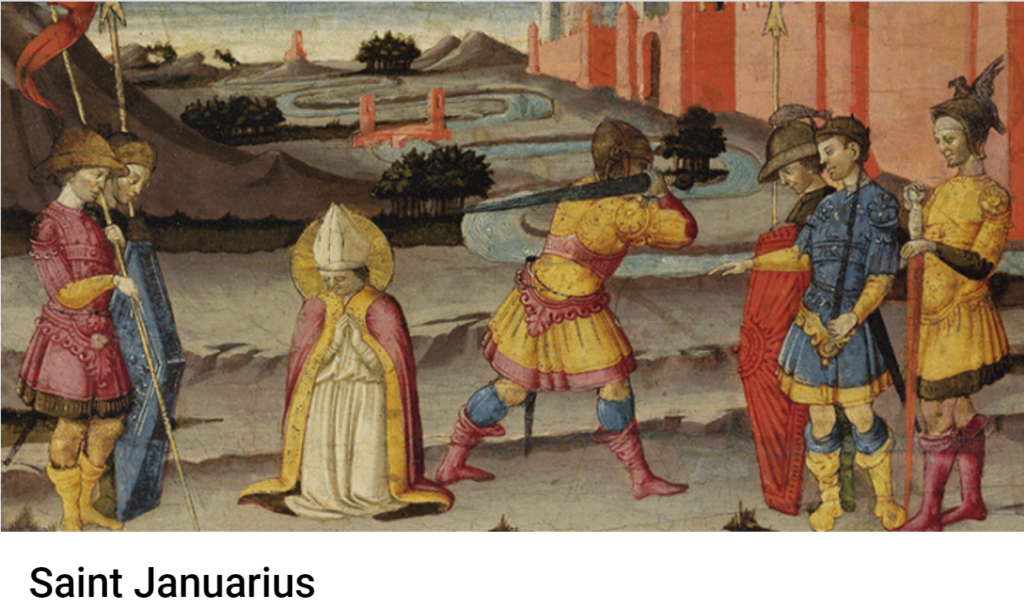
St. Theodore Guerin (1798–1856), also known as St. Theodora, was born in Etables, France, towards the end of the French Revolution. She was a pious child who loved prayer and who knew her vocation was to be a nun. However, she was delayed in following this path after the murder of her father when she was 15, which, in addition to the previous death of two of her siblings, sent her mother into a deep depression. St. Theodore took on the household tasks and the care of her mother and her remaining sister. Finally, when she was 25, her mother gave her consent, and Theodore left home to enter the religious life. She joined the Sisters of Providence who served God by educating children and caring for the poor, the sick, and the dying. In 1840 she was asked to lead a band of missionary sisters and establish her order in the United States of America, specifically to serve the pioneers in Indiana. Even though her health was fragile, she crossed the Atlantic and then traveled by steamboat and stagecoach until she reached the wilderness mission of St. Mary of the Woods, which consisted only of a tiny log chapel. She and her five sisters endured the extreme hardships common to life on the frontier. Less than a year after arriving she opened an academy which became the first Catholic women’s Liberal Arts college in the United States, still active today, called St. Mary of the Woods College. St. Theodore also established numerous schools, pharmacies, and orphanages throughout the state of Indiana. She was beatified by Pope John Paul II and canonized in 2006 by Pope Benedict XVI. Her feast day is October 3rd.
//Catholic Company//










